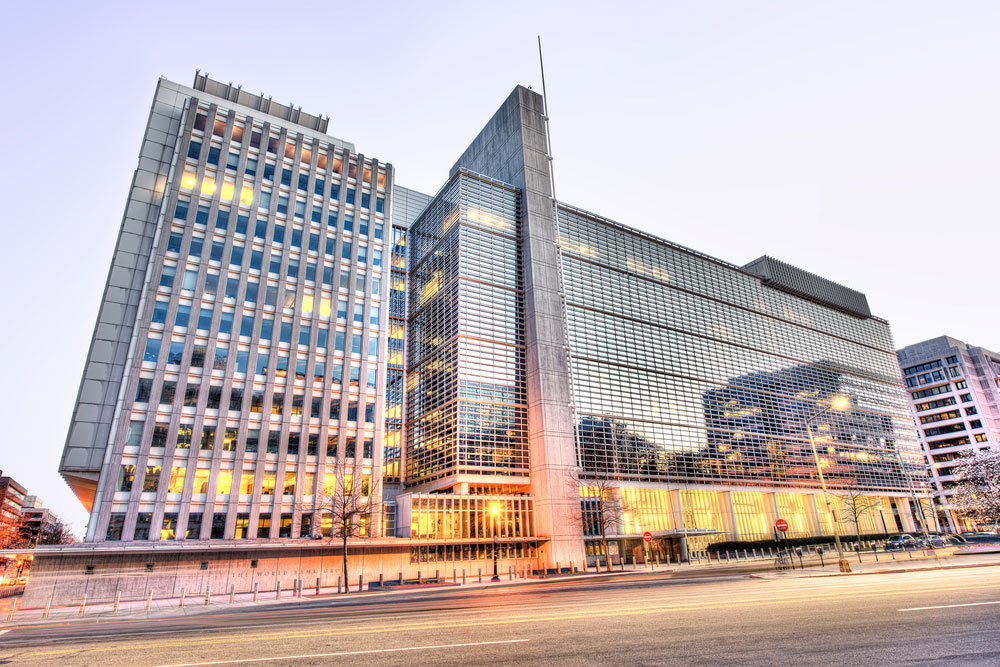India’s ranking in the ease of doing business has improved by an impressive 23 positions, from 100 in 2018 to 77 in 2019. India is now the best on this count in South Asia. The index takes into account the more important aspects of starting and running a business, such as choice of location, permission to construct, legal permissions and approvals, getting electricity and water connections, and the ease of accessing finance. These, in turn, depend on bureaucratic efficiency and availability of adequate infrastructure. The daily running of business operations is also important. To a large extent, the efficiency of officials granting permissions depends on the degree of control the government wishes to exert over business and the culture of transparency and honesty. Adequacy of infrastructure depends on the history of past investments that have been used to create capacities.
According to the World Bank, which publishes the study underlying the rankings, India’s position has improved in six of the 10 specific factors that constitute the overall measure on which the ranking is done. There is, however, a point of concern that seems to contradict the impressive jump in ranking. For a nation in which many consider the government to be the major constraint in facilitating private investment, this improvement should have resulted in a much larger flow of private investments. It has not. Overall investment has stagnated in the economy. The troubles of the banking sector have resulted in a tight credit squeeze for new borrowers. The medium and small scale units of business have been starved of financial resources. The Central government has revealed its anxiety and apprehension in pressurizing financial institutions to release more credit and take more risks. Yet nothing seems to be doing the trick.
Clearly there must be other reasons that constrain new investments over and above the procedural paperwork required in setting up and running a business. The confidence and optimism of investors regarding the future are of paramount importance. Indeed many economists believe that the appetite for future growth can be so strong at times that business can overcome many of the constraints that the government might pose or financial stringency may inflict — the famous animal spirits of investors in the face of uncertainty. This confidence is more fundamental than the procedural ease of doing business. Is it then the lack of confidence that is preventing new investments? Businessmen, possibly, still cannot see the promised achchhe din in India.










